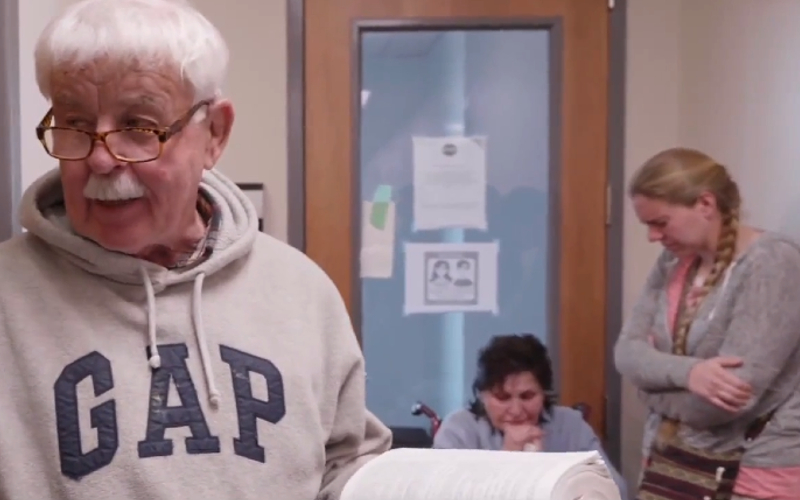Commissioned by the group Support After Abortion and conducted by Shapard Research, the study on the long-term negative impact of medication abortion reveals that a significant percentage of women regret their chemical abortions. 34% of women say their outlook on themselves changed negatively after their abortions, and about 24% searched for help afterward.
Dr. Michael New of the Charlotte Lozier Institute, a pro-life organization whose goal is to promote deeper public understanding of the value of human life, motherhood, and fatherhood, and to identify policies and practices that will protect life and serve both women's health and family well-being, tells AFN that chemical abortions are becoming more common.

"Our most recent data indicate that half of all abortions are chemical abortions," Dr. New relays. "That number's going to increase after the Dobbs decision. Many women are probably going to try to circumvent pro-life laws by obtaining chemical abortion pills from the mail."
This research, he says, is important as it shows that abortion-minded women need to understand chemical abortion is a decision they will most likely regret.
"Women who go through chemical abortions tend to experience higher levels of regrets or are more likely to experience regret," Dr. New notes. "Unlike a surgical abortion, when a woman goes through chemical abortion, she does often encounter the remains of her child, and that can be a very traumatic and very hurtful experience for her."
And given that the study also reveals that none of the women knew how to find help before their abortions, Dr. New submits that the findings are also critical for pro-lifers to bear in mind.
He believes that more research on the psychological impact of abortion is needed.







